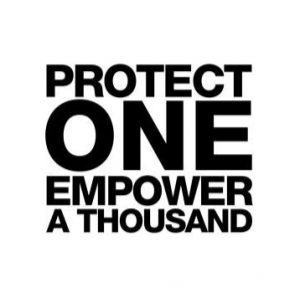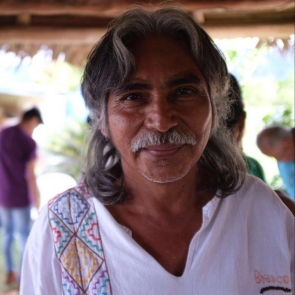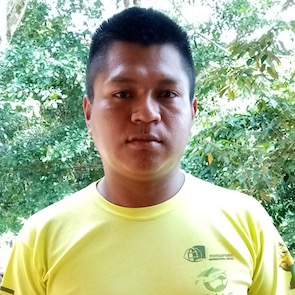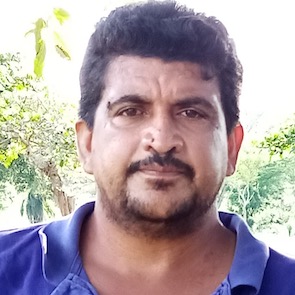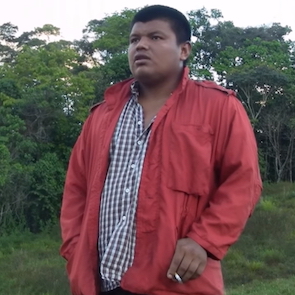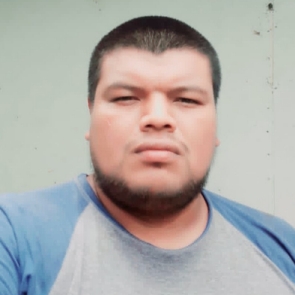#Costa Rica
#Costa Rica
Costa Rica stands as a an example for the rest of the region in terms of respect for human rights, both at governmental and societal levels, as the host of the Inter-American Court of Human Rights. In July 2014, the Secretary-General of the UN, Ban Ki-moon highlighted the importance of this Tribunal in the fight against impunity and the protection of human rights defenders.
Two areas that do remain of concern are for Transexual HRDs, who continue to face social discrimination, even though there are laws to protect the entire LGBTI community; and environmental rights defenders, where the impact of drug trafficking through the country and poaching is having an impact on the work of civil society organisations who work to protect the environment. This latter issue was a point of concern in the 2013 report by John Knox, UN Independent Expert on Human Rights and the Environment, who noted a developing pattern of violence against environmentalists, despite the country's strong record of protection.
Recent reports of violations against indigenous rights HRDs have also been of great concern. Different indigenous peoples – like the bri-bri and the cabécar – have reported invasions and arson attacks on their ancestral lands by landowners from the region. The lack of response from government officials and police forces makes the situation of indigenous peoples in Costa Rica even more vulnerable in their fight for land demarcations and the regulation of the Law of Indigenous Autonomy.
